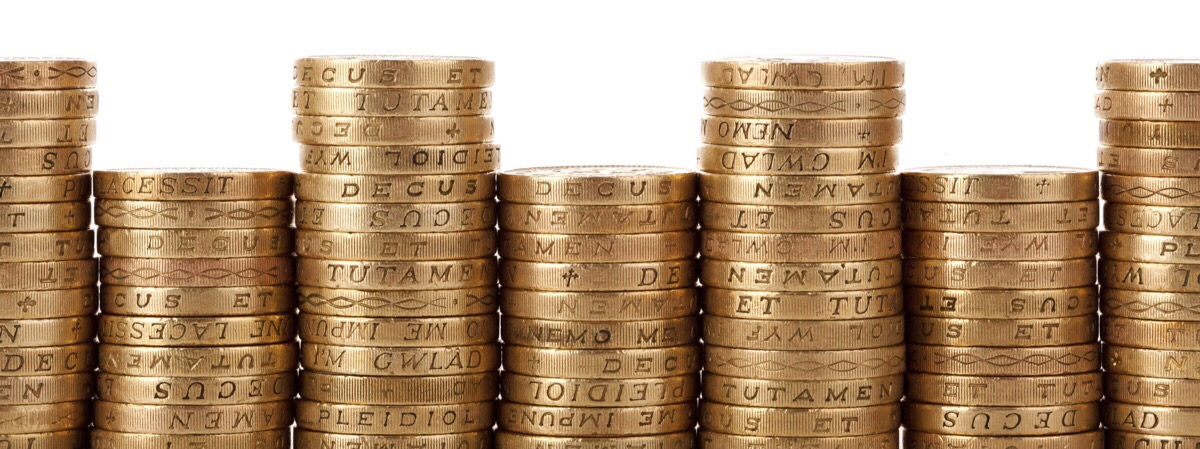Twitter: pay to play - part 2

The idea that Twitter could charge a membership fee, and instantly solve its business problems, is a popular one:
https://twitter.com/penenberg/status/792044081308397574
https://twitter.com/the_spinmd/status/791674817942581248
With even just a percentage of users paying a monthly fee to use Twitter it could still be very good business, potentially to the value of $3 billion which is more than Twitter's current revenue per year.
But I can't help feeling this isn't a zero sum game.
Although I said that, in my survey, 55% of people wouldn't pay to use Twitter I suspected that that figure would actually be much higher. In fact, it has since risen to 68% as more people have responded.
Although the survey was relatively small, and not necessarily representative, it was held within a forum that is focused on X discussion about Twitter; the expectation is, therefore, that most members would be passionate about the network to some degree.
For over two-thirds of users within such an environment to completely dismiss paying to use a social property is quite telling, and who knows how much higher it would be once extrapolated to the wider user base.
Audience is everything
The problem is that those people most likely to pay the fee are, themselves, most likely to be power users and news makers rather than casual users and consumers.
This could lead to an unhealthy imbalance between sections of the Twitter population with, perhaps, many casual users voting with their feet and moving to another (free) network.
If charging for access leads to a reduction in active users the value of Twitter declines and potentially goes into a downward spiral. With a smaller audience are the news makers still likely to use Twitter or will they seek other venues?
If the attraction of a paid service is that it creates sufficient friction such that trolls do not sign up then, by extension, we cannot have a two-tiered system unless the free tier is heavily restricted.
But then a lot of users, who are unwilling to pay, would be left with crippled accounts and considering their future on the network.
